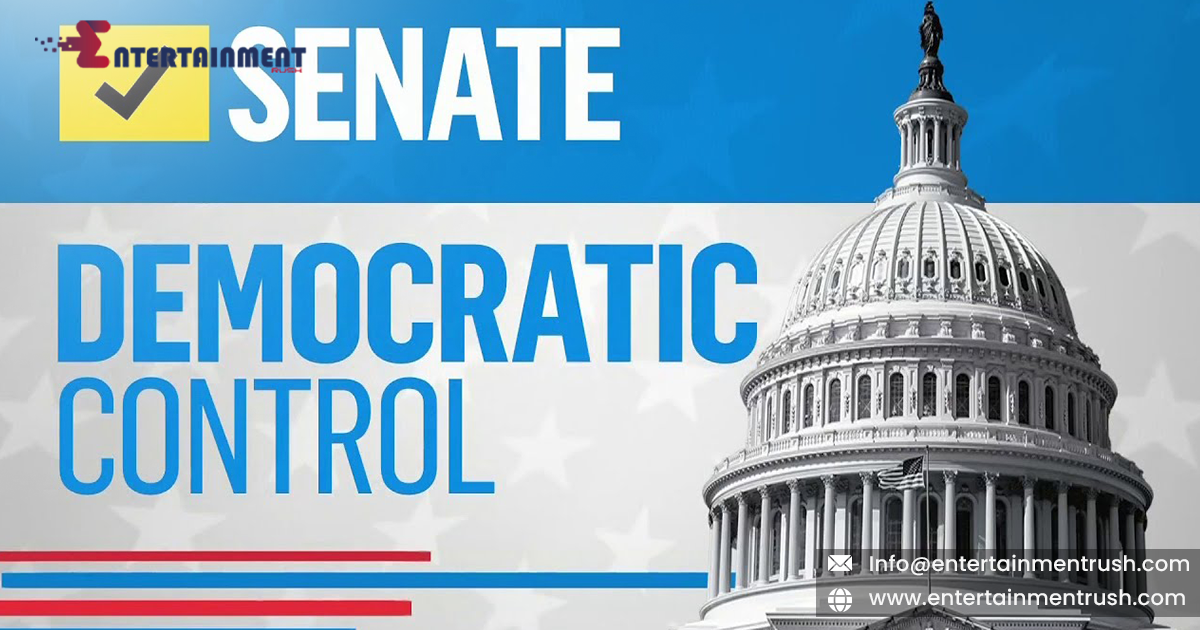Some social media posts promoting the Starlink conspiracy theory suggested that Democratic wins in down-ballot races indicated something was amiss with the Trump-Harris results. While there is often a strong correlation between presidential and Senate votes, it is not absolute. Voters are free to select candidates from different parties for different offices, and some do.
Ticket-splitting—the practice of voting for a Democrat for one office and a Republican for another—has become less common in recent elections due to rising political polarization. However, it is still seen in some races.
Incumbency can also play a significant role in a candidate’s success. For example, Democratic incumbents Tammy Baldwin of Wisconsin and Jacky Rosen of Nevada were able to retain their Senate seats, likely due to their established presence and achievements while in office.
Additionally, controversy or a lack of it can influence election outcomes. In Arizona, Republican Kari Lake gained attention in 2022 for heavily promoting claims of election fraud, including false assertions about the 2020 presidential race. In 2024, she lost to Democratic Representative Ruben Gallego, a retired US Marine, in an election year where Latino voters were a decisive factor.
Professor Michael Specter noted that split-ticket voting “does not provide sufficient evidence that any malfeasance has occurred.”
Claims that Musk’s Starlink technology manipulated votes in the 2024 election to benefit Trump have been thoroughly debunked by federal and state election officials. Voting machines are not typically connected to the internet, and established systems are in place to ensure votes are accurately and fairly counted.
The only instance of Starlink technology being used in the election was in California, not a swing state, where it supported election infrastructure by connecting electronic pollbooks to the county voter database. There is no evidence to support claims of election manipulation through Starlink.
